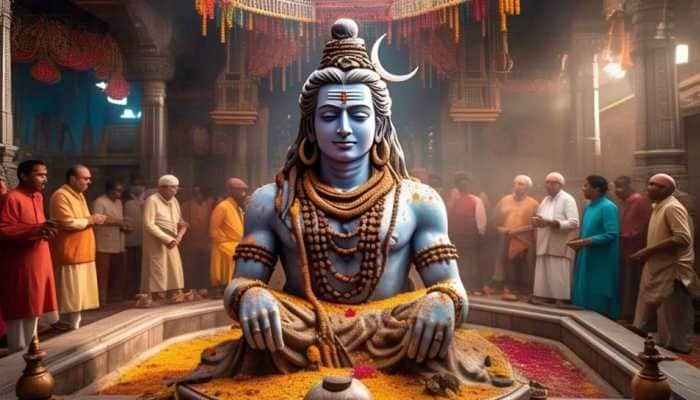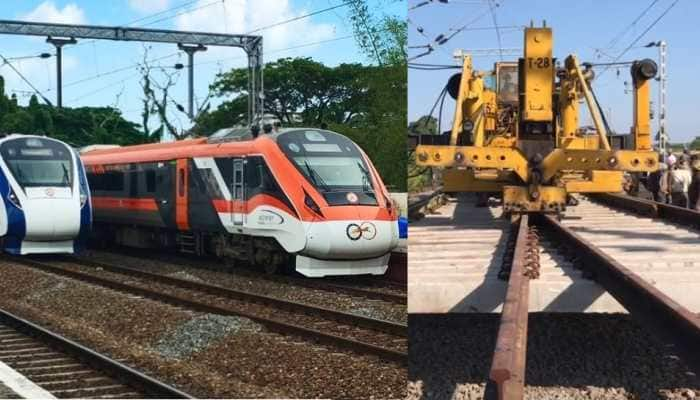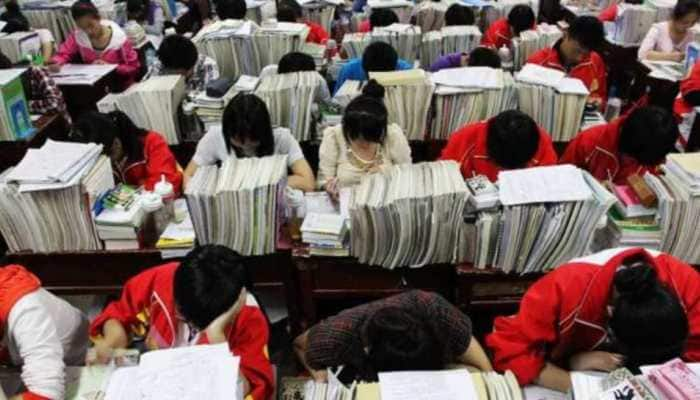Metro fare hike: Urban ministry to examine issued raised by Arvind Kejriwal
The Urban Affairs Ministry will "examine the issues" raised by Arvind Kejriwal over the proposed fare hike by the Delhi Metro.
Trending Photos
)
New Delhi: The Urban Affairs Ministry will "examine the issues" raised by Chief Minister Arvind Kejriwal over the proposed fare hike by the Delhi Metro, a senior official on Sunday said.
Terming the fare increase as "unacceptable", Kejriwal had written to Union Minister for Housing and Urban Affairs Hardeep Singh Puri, demanding that the decision be withheld and reviewed.
"The minister (Puri) has asked UD Secretary D S Mishra to examine the issues raised by Chief Minister Arvind Kejriwal over the proposed fare hike," a spokesperson of the ministry told PTI.
Kejriwal has stiffly opposed the planned hike, to be effected from October 10, and yesterday claimed that it would a violation of the recommendations of the fare-fixation panel.
"The fare-fixation committee had recommended a gap of one year between two fare hikes. This recommendation is being completely violated because the proposed second hike in October, 2017 will take place even before six months since the previous fare hike," he said in the letter to Puri.
The committee, comprising representatives of both the state and the Centre, which have equal stakes in the Delhi Metro Rail Corporation (DMRC), is entrusted with recommending fare hikes.
The Delhi Metro fares were last revised in May. If the hike is effected, the fares will go up by a maximum of Rs 10 from October 10.
The existing fare structure is: up to 2 kms -- Rs 10, 2-5 kms -- Rs 15, 5-12 kms -- Rs 20, 12-21 kms -- Rs 30, 21-32 kms -- Rs 40 and for journeys beyond 32 kms -- Rs 50.
From October 10, for a distance of up to two kilometres, the fare will remain Rs 10, but for a distance between two and five kilometres, it will go up from Rs 15 to Rs 20.
For the subsequent slabs, it will go up by Rs 10 each, which means the maximum fare will be Rs 60.
The Delhi Metro, on its part, has been maintaining that it has a "huge loan liability" and a rapidly rising operating ratio, which means its expenditure as against every rupee earned is going up.
In his letter, Kejriwal had referred to the financial model of the Hong Kong Metro and suggested that following it would significantly improve DMRC's finances and lead to a much lower fare hike.
He also mentioned that his assertion was based on the "advise" of the fare-fixation panel.
"The fare-fixation committee has advised the DMRC to raise funds through real estate development from the large number of properties allotted to it by the government.
"If this is done efficiently and transparently, the resultant income will help reduce the fare of the ordinary commuter, as in the case of the Hong Kong Metro," the statement quoted the chief minister as saying.
Stay informed on all the latest news, real-time breaking news updates, and follow all the important headlines in india news and world News on Zee News.
Live Tv







)
)
)
)
)
)
)
)
)
)
